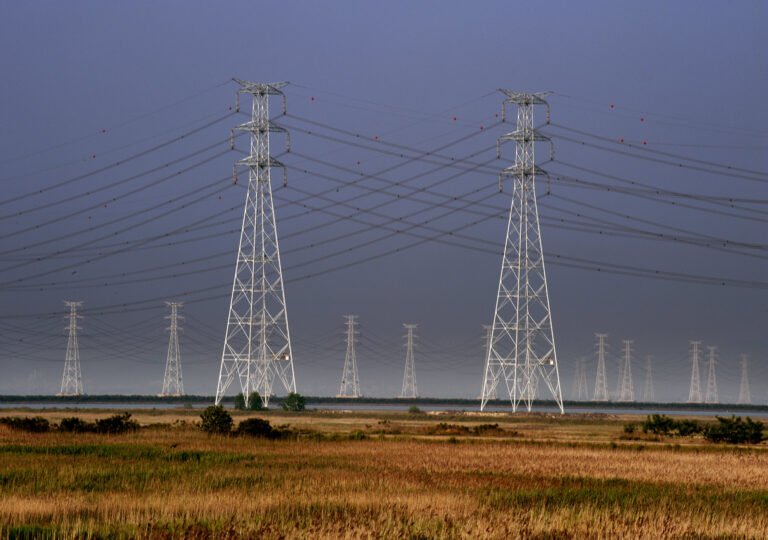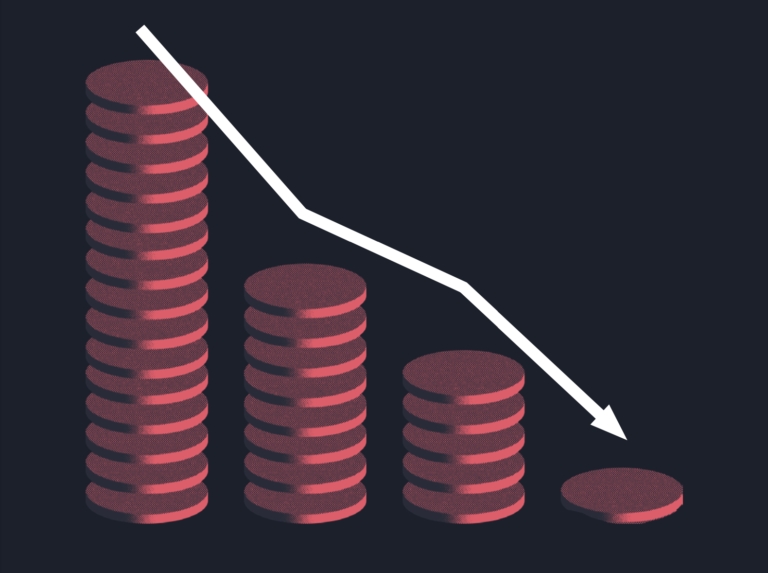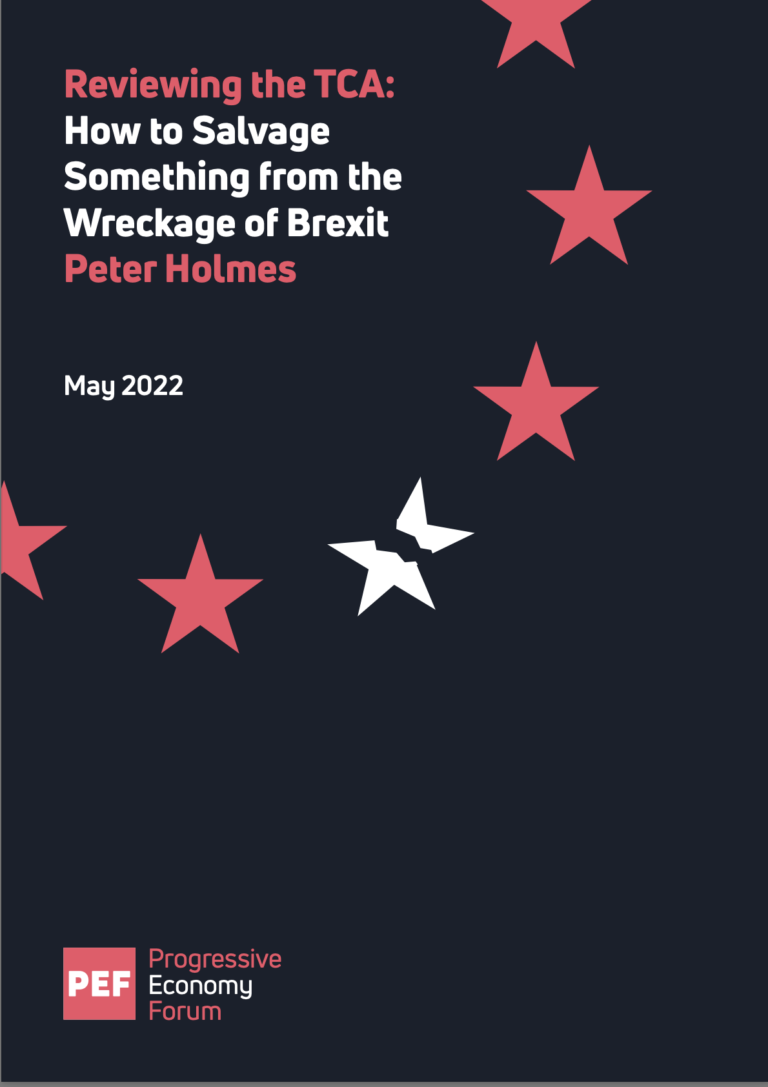New PEF report by James Meadway and Gisell Huaccha
REFORMING THE ENERGY PRICE CAP
Our initial project was to carry out research into the operations of the UK Energy Price Cap (EPC) to provide an assessment of the UK domestic energy market in the context of rapidly rising prices over 2021 and into 2022, and to provide guidance on structuring an effective price cap scheme with a view to delivering fair outcomes for households facing severe increases in their domestic energy bills. This work would then contribute to the broader discussion of how to support households during periods of exceptional price volatility in essential goods and services.
By the time of commissioning our research, the EPC had been superseded by the Energy Price Guarantee (EPG), inititally budgeted at £150bn. We contracted a specialist in European energy markets and household consumption, Dr Gissel Huaccha, to provide an assessment of the distributional impacts of the new EPG and other support, compared to the situation without such additional support. This work was completed using a microeconomic model of household consumption patterns, which was then used to simulate the impact of no EPG, but forecast gas price rises, and including EPG, also with the forecast gas price rises.
This analysis is the core of our report. The results from the micromodelling were compelling, showing that although the EPG was likely to reduce costs for households, household energy costs would remain very substantial and fall most heavily on the poorer households.
We took these initial findings to the Guardian in September 2022 , who wrote up the research for their print and online editions – see here – , promoting the work to a very substantial audience. (The Guardian has 113m monthly online unique browser hits, and over 1m digital subscribers, making it one of the most widely-read news sites in the world.) We also prepared and distributed a comprehensive briefing to MPs, ahead of anticipated debates on energy prices.
As well as this detailed assessment of UK government plans, we have included in the report case studies of different European policies to regulate household energy bills over the past 18 months: France, Norway, Portugal and Germany. These are economies that broadly similar to the UK, but which have adopted different approaches to price caps on domestic energy bills – notably, in the cases of Norway, Portugal and (most recently) Germany attempting to include both support for households and incentives to improve energy efficiency and meet green targets.
Finally, we have included an assessment of two important recent proposals for reform to the UK energy price system made by two leading UK thinktanks, the National Institute for Economic and Social Research, and the New Economics Foundation.
The aim with this publication is to make a contribution to the ongoing UK discussions about rising prices and policy for inflation. Although energy prices have fallen from their August 2022 peaks, they remain higher than before the Ukraine war and further disruption is at least possible. In addition, lessons learned from energy price regulations can also transfer to other essentials, with the question of basic food price controls being raised recently by the UK government.






